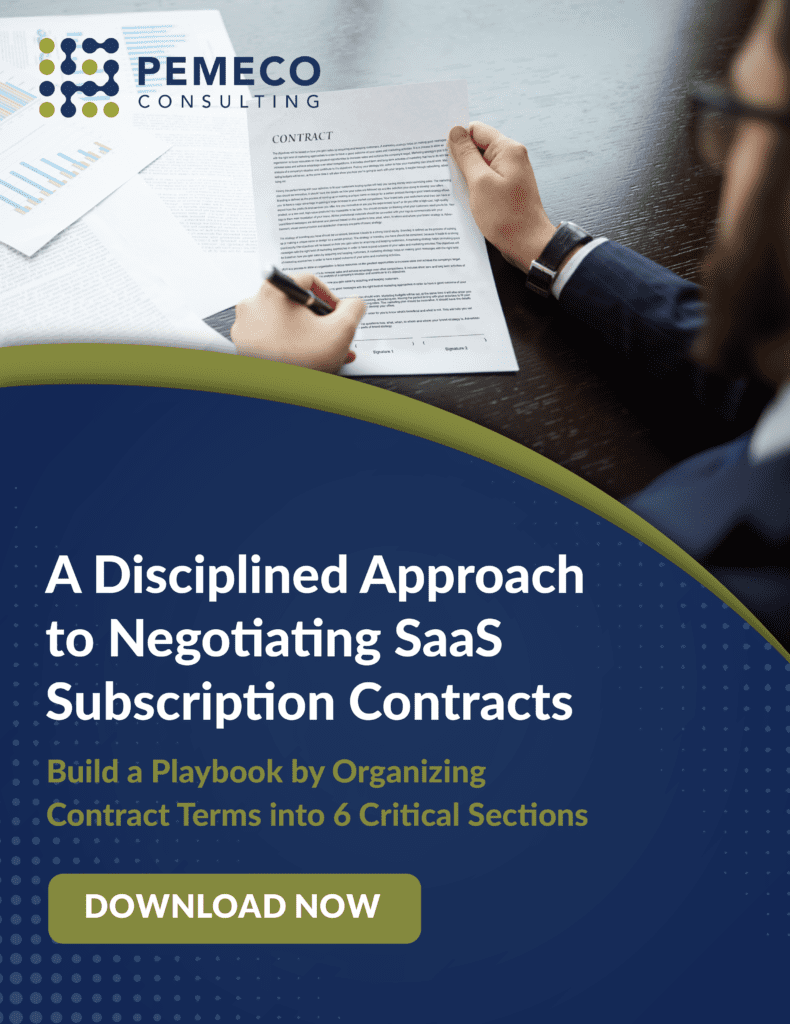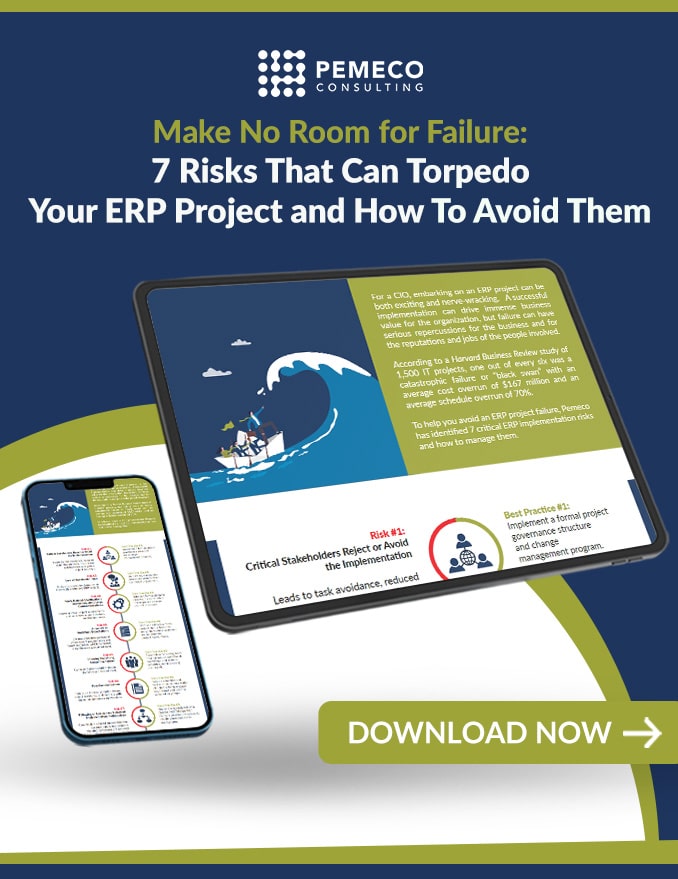Incentives are pervasive. Companies use sales commissions, variable executive compensation, and promotional contests to motivate behaviors. According to a WorldatWork survey of 325 organizations, 75% of compensation professionals believe that incentive plans are “moderate to effective” in achieving their goals.
In ERP implementation projects, we help our clients set up incentive plans to push their internal subject matter experts to successfully deliver project obligations, such as process design, testing, and end-user training. The question here is whether a company should incentivize its systems integrator (SI).
In our thousands of projects across our firm’s nearly half-century existence, we can safely say that most of our clients don’t proactively think about offering carrots to their SIs. They’re far more likely to want to use the stick (we’ll save this topic for another post).
However, just because the approach is uncommon doesn’t mean it lacks merit. If a company’s goal is to drive a successful implementation, shouldn’t it at least consider positive reinforcement? Sure, one could argue that the company is already paying the SI to do the job well and that additional incentives are unwarranted. But this argument doesn’t jive with the reality that projects fall short even with good pay. It also ignores the data on how well-crafted incentives work.
Wait, Are You Asking Me to Find Even More Money for My ERP Project?
ERP projects are hugely expensive. Companies pay for licensing, consulting services, incidental technologies, and internal hires, to name a few of the key expenses. And now, you’re wondering whether I’m suggesting an additional cost layer.But is this really what I’m suggesting? No, it’s not.
I’m suggesting that you consider apportioning some of the unspent positive budget variance as an incentive for the consultants if your ERP implementation project exceeds project delivery and business objectives. The money is already allocated to the project—why not use it to drive desired outcomes?
But Don’t Consultants Want to Consume the Full Budget… and Then Some?
A counterargument is that fee-for-service ERP consulting firms naturally want to bill all budgeted amounts and then seek more through change orders. Though many do, many firms do not. Truly client-oriented consulting firms want to do their jobs successfully and surgically. They want to make the client referenceable and move their very good people onto the next project. If a firm is good, the demand for its services will at least meet its supply of consultants, meaning that it won’t actually be leaving money on the table if it completes the project under budget.Three Elements of a Strong SI Incentive Program
If you’ve stayed with me this far, you’re probably asking yourself, “So, what makes for a good incentive plan?” Here are three key elements.- The plan needs to be simple, clear, and manageable. Too often, companies overengineer their compensation plans. Complexity creates confusion and administrative headaches. It’s important for plan administrators and beneficiaries to understand the targets, calculation formulas, and triggers.
- Incentives need to drive meaningful outcomes. When incentives are tied to the wrong objectives, trouble ensues. Using go-live as the only bonus trigger, for example, might not drive any different behaviors during implementation because it is so far away and so detached from the key activities. Instead, companies should think about how to peg incentives to a small handful of key project milestones that are stepping stones to a successful ERP implementation. These could include the successful completion of a conference room pilot or the successful closure of the first month-end following go-live (here’s an infographic that explains the key ERP project milestones and deliverables).
- Incentive triggers need to be verifiable. Subjective or discretionary bonuses probably won’t drive across-the-board “above and beyond” behaviors because the reward for performance isn’t guaranteed. It’s important to define objectively measurable and verifiable incentive payment triggers. Did 85% of our conference room pilot test scenarios pass? Are all major issue tickets closed within the first three weeks of cutover?
Buck the Trend and Focus on Rewarding Successful Implementation
Too often, business leaders follow decision-making playbooks without asking whether there is a better way. With ERP and digital transformation projects failing at reported 70% rates, I put it to you that there is a better way, part of which involves a subtle shift in focus from avoiding failure (which so often leads to finger-pointing) to a focus on driving success. I’m not saying that you shouldn’t consider penalizing poor performance. I’m saying that you shouldn’t ignore the power of incentivizing success.
In implementation, a job well done ahead of schedule means that your business will more quickly realize the corporate and competitive benefits of digital transformation. Once you have allocated the budget, think of creative options to use potentially unspent budget to drive performance goals.
At Pemeco, we help our clients negotiate win-win relationships with their strategic technology and digital transformation vendors. Contact us today or learn about our Contract Negotiations and Risk Management Services.





